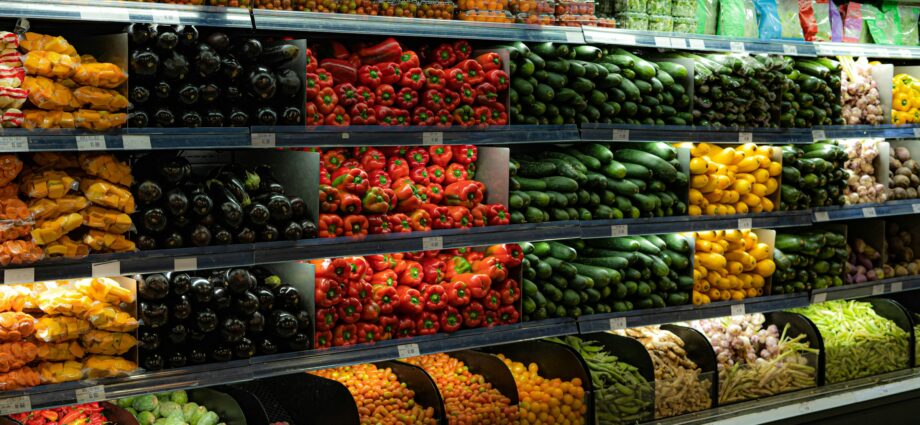
How traceability can reduce food waste and build a more sustainable supply chain.
November 11, 2024
The food system is one of the world’s most vital industries. This means that it faces increasing pressure and needs to advance the industry’s sustainability. Despite recent outbreaks such as a deadly listeria incident, the need for improved traceability has been highlighted. The FDA has installed new guidelines in the industry in order to track the origins of foods, from seafood to produce. In an attempt to tackle these challenges, these will be in effect by 2026. Whilst there is a lack of details of the exact operation of companies tracing food, this presents an opportunity for the industry to create a more sustainable food system using innovative tools like AI ESG software.
How traceability contributes to sustainability
By implementing traceability technologies like 2D barcodes and QR codes, food producers and suppliers can improve product visibility across the supply chain. 2D barcodes contain a vast range of information, holding knowledge such as the date of origin and even supply chain progress, which can be accessed very easily and simply, such as through a smartphone. This lets consumers get insight that they can use to make more informed choices and reduce their food waste.
For instance, better tracking can allow retailers to offer discounts on products nearing expiration, helping to limit waste and promote more responsible consumption. As GS1 US, the organisation behind UPC barcodes, is now setting standards for 2D codes, we can expect more data-rich transparency in the food industry, empowering everyone from farmers to consumers.
In other industries like seafood, traceability is just as crucial, if not more so, as sustainability is heavily dependent on sourcing responsibly. With one ongoing concern being overfishing, improved and enhanced tracking will allow for the verification of sustainable and legal sources. In turn, this traceability will protect species and ensure that consumers support ethical practices.
Reducing waste in fresh produce with enhanced traceability
The International Fresh Produce Association and other organisations are also backing these initiatives, seeing traceability as a pathway to reduce waste in fresh produce, a notoriously perishable category. Companies committed to sustainability in food production can utilise these tools to improve both safety and sustainability.
With the growing adoption of traceability standards, it will become key for firms to keep up with data accuracy and engage all levels of stakeholders of the importance of food safety. A more transparent food system will assist farmers, consumers and retailers in increasing the strength of their connection to the origins of the food. Firms can improve their traceability and compliance with new guidelines through ESG software such as IMPAKTER PRO, which can help guide companies in improving their ESG performance and leading a more sustainable future.
***
This article is referenced from How to create a safer, more sustainable food system by Fast Company
Subscribe to our newsletter.
This article was originally published on IMPAKTER. Read the original article.


